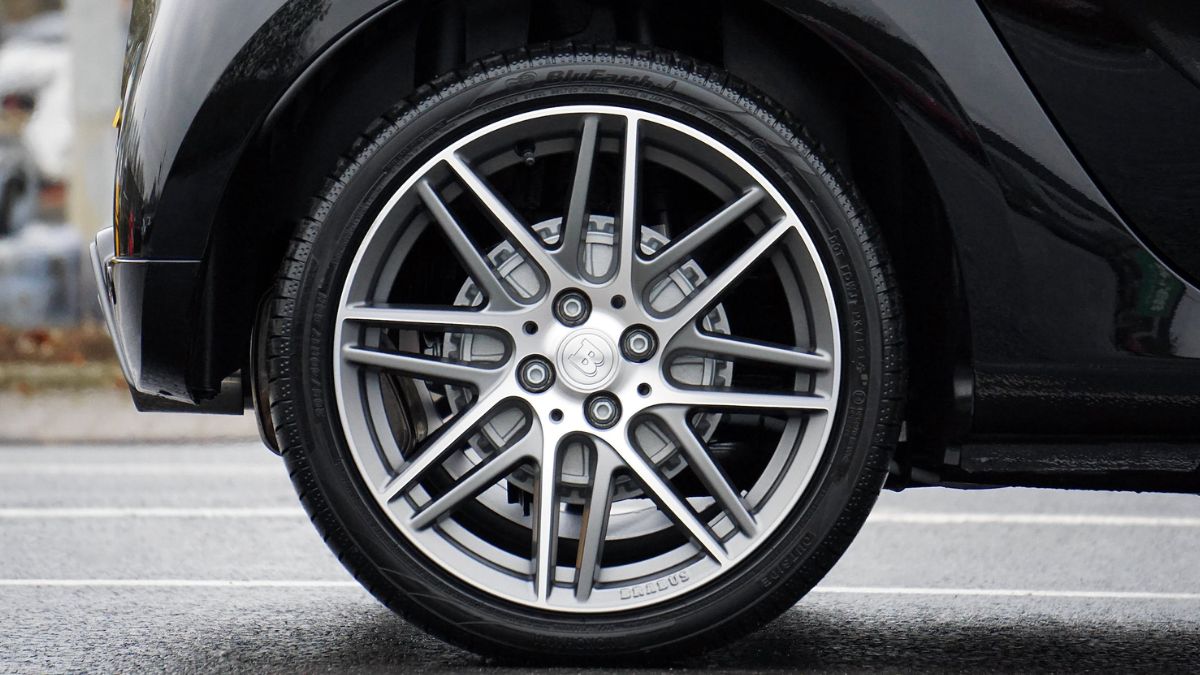From chariots to spaceships, the wheel has revolutionized transportation and countless other aspects of human life. Its ubiquitous presence masks a fascinating history full of surprising twists and turns. Dive into these 10 fun facts about the wheel and rediscover the magic of this seemingly simple invention.
Mesopotamia Had the First Spin
Forget ancient Egypt! Evidence points to Mesopotamia (modern-day Iraq) as the birthplace of the wheel around 3500 BC. Initially crafted from solid wood, these early wheels were clunky and primarily used for carts and pottery-making.
Spoked Wonders Changed the Game
Around 2000 BC, the ingenious invention of spoked wheels revolutionized transportation. This lighter, stronger design increased speed and efficiency, propelling the invention of chariots and making long-distance travel possible.

Not Just for Carts: The Wheel’s Diverse Roles
Beyond transportation, the wheel played a pivotal role in various areas. Spinning wheels powered water pumps for irrigation, grinding stones for flour, and potter’s wheels for crafting intricate ceramics. It was a true technological marvel for its time.
Wheels in Mythology: Divine Inspiration or Earthly Ingenuity?
Many cultures attributed the invention of the wheel to divine intervention. The ancient Greeks linked it to Prometheus, while Egyptians credited the god Thoth. These myths highlight the profound impact the wheel had on human imagination and progress.
From Earth to Outer Space: The Wheel’s Cosmic Journey
Believe it or not, the wheel continues to play a crucial role in space exploration. Rovers on Mars, satellites in orbit, and even the International Space Station utilize wheels for maneuvering and exploration, proving its relevance beyond our planet.

Beyond Circles: The Rise of Non-Circular Wheels
Although circular wheels reign supreme, history saw experimentation with non-circular options. Triangular wheels were used in ancient Egypt for stability, while square wheels appeared in Renaissance paintings, sparking debate about their practicality.
More Than Transportation: The Wheel’s Symbolic Power
The wheel transcends its physical form and carries deep symbolic meaning across cultures. It represents progress, cyclical nature, rebirth, and divine knowledge. From the Buddhist Dharma wheel to the Hindu Kalchakra, it signifies movement, change, and the interconnectedness of life.
The Evolution of the Wheel: A Story of Constant Improvement
From wooden logs to steel alloys, the wheel has undergone continuous refinements. Pneumatic tires for shock absorption, ball bearings for reduced friction, and self-driving technology showcase the ongoing evolution of this remarkable invention.

Circular Economy Champion: The Wheel’s Sustainability Edge
In an era of increasing environmental concerns, the wheel’s circularity holds valuable lessons. Easy repair, disassembly, and repurposing of wheels embody a sustainable design principle, paving the way for more eco-friendly technologies.
The Wheel’s Legacy: A Never-Ending Journey
The wheel’s impact on human civilization is undeniable. It fueled trade, enabled exploration, and sparked technological advancements. As we continue to move forward, the wheel serves as a reminder of human ingenuity, adaptability, and the potential for constant progress.










